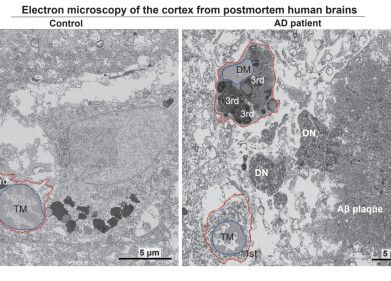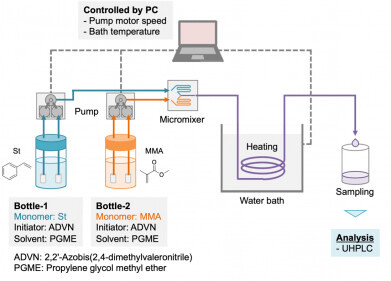-
 Emma Wall (Credit: Crick)
Emma Wall (Credit: Crick) -
 David LV Bauer (Credit: Crick)
David LV Bauer (Credit: Crick) -
 Nicola Lewis
Nicola Lewis
Research News
Crick and UK Universities collaborate in major Viral Infection Studies
Oct 10 2023
As part of its Tackling Infections strategic theme UK Research and Innovation (UKRI) is funding two multimillion-pound studies to progress understanding of viruses and how the immune system reacts to different challenges, with a focus on COVID-19.
Emma Wall, Senior Clinical Research Fellow at the Crick and consultant in Infectious Diseases at UCLH, and Nicola Lewis, Director of the Worldwide Influenza Centre at the Crick, are co-investigators on PROVAC: a project on selecting vaccine strains that provide the best possible protection against SARS-CoV-2 for the UK population. They will work with Wendy Barclay and Paul Kellam from Imperial College London and project lead, Derek Smith at the University of Cambridge.
David LV Bauer, Group Leader of the RNA Virus Replication Laboratory at the Crick, will be a co-investigator on the G2P2 virology consortium, focused on continuous monitoring of SARS-CoV-2 variants, led by Wendy Barclay at Imperial College London.
The PROVAC consortium will aim to enhance the SARS-CoV-2 vaccine strain selection process, to provide the best possible protection for the UK population. Data from the Legacy Study, a collaboration between University College London Hospitals (UCLH) Biomedical Research Centre and the Crick on how human immunity is shaping the direction of SARS-CoV-2 evolution, will be used to predict future variants and also measure immune responses against them. This will enable the researchers to better design next-generation vaccines, which need to be continually monitored and updated to protect those at high risk of complications from COVID-19 as the virus evolves.
Emma Wall said: “It is clear that COVID is evolving fast, and is staying with us. We need to use everything we know so far about this virus to be smarter and get ahead of evolution for next-generation vaccine design. This project builds on the work we have been doing to track how we respond to COVID-19 vaccines in the UCLH-Crick Legacy study.”
The G2P2 virology consortium will aim to keep pace with the continually evolving variants of SARS-CoV-2, and explore the biological mechanisms that are driving this evolution. The project will track how genetic changes emerging in the virus affect the severity of the illness it causes, the range of cell types it can infect, how well it can evade the immune system and how it is transmitted between animals or humans.
The data obtained will provide an evidence base to inform whether updates to current vaccines are needed and inform changes in policy based on changes in risk to population health.
David LV Bauer said: “Gaining a better understanding of the SARS-CoV-2 virus and how it causes disease will allow us to quickly risk-assess new variants as they emerge in the coming years — and understanding how these new variants might evolve will be key towards targeting vaccination and treatment strategies in the future.”
Dr Stephen Oakeshott, MRC Head of Infections and Immunity said: “UKRI’s Tackling Infections programme aims to harness research and innovation to fight against the threats posed by infectious diseases.
“These UK wide partnerships will build on the research legacy from our response to the COVID-19 pandemic, allowing the UK’s leading experts to deepen our understanding of how SARS-CoV-2 might evolve and how we might protect against future variants.”
More information online
Digital Edition
Lab Asia 31.6 Dec 2024
December 2024
Chromatography Articles - Sustainable chromatography: Embracing software for greener methods Mass Spectrometry & Spectroscopy Articles - Solving industry challenges for phosphorus containi...
View all digital editions
Events
Jan 22 2025 Tokyo, Japan
Jan 22 2025 Birmingham, UK
Jan 25 2025 San Diego, CA, USA
Jan 27 2025 Dubai, UAE
Jan 29 2025 Tokyo, Japan


















